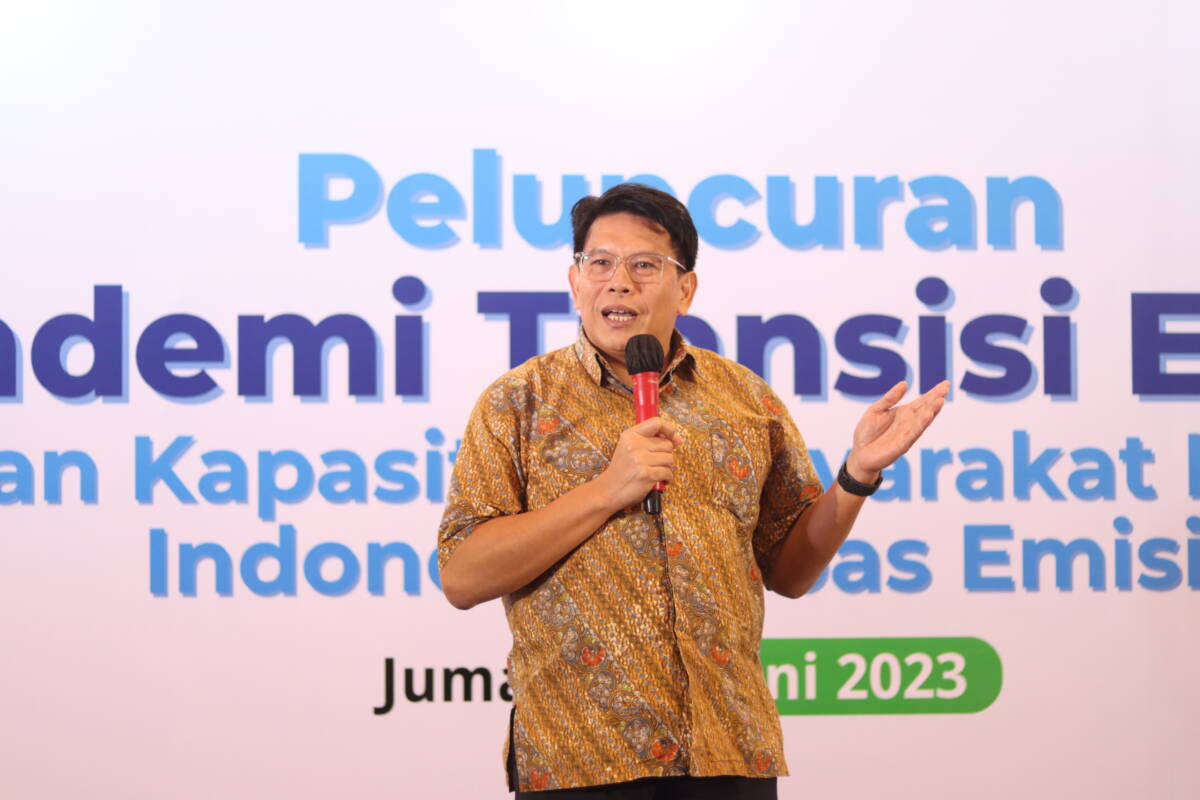Jakarta, June 23, 2023 - The Institute for Essential Services Reform (IESR) launched the Energy Transition Academy platform, accessed via the academy.transisi energi.id website. The platform can be used as a forum for learning about energy transition and climate change issues. The birth of this platform cannot be separated from the development of the phrase…


